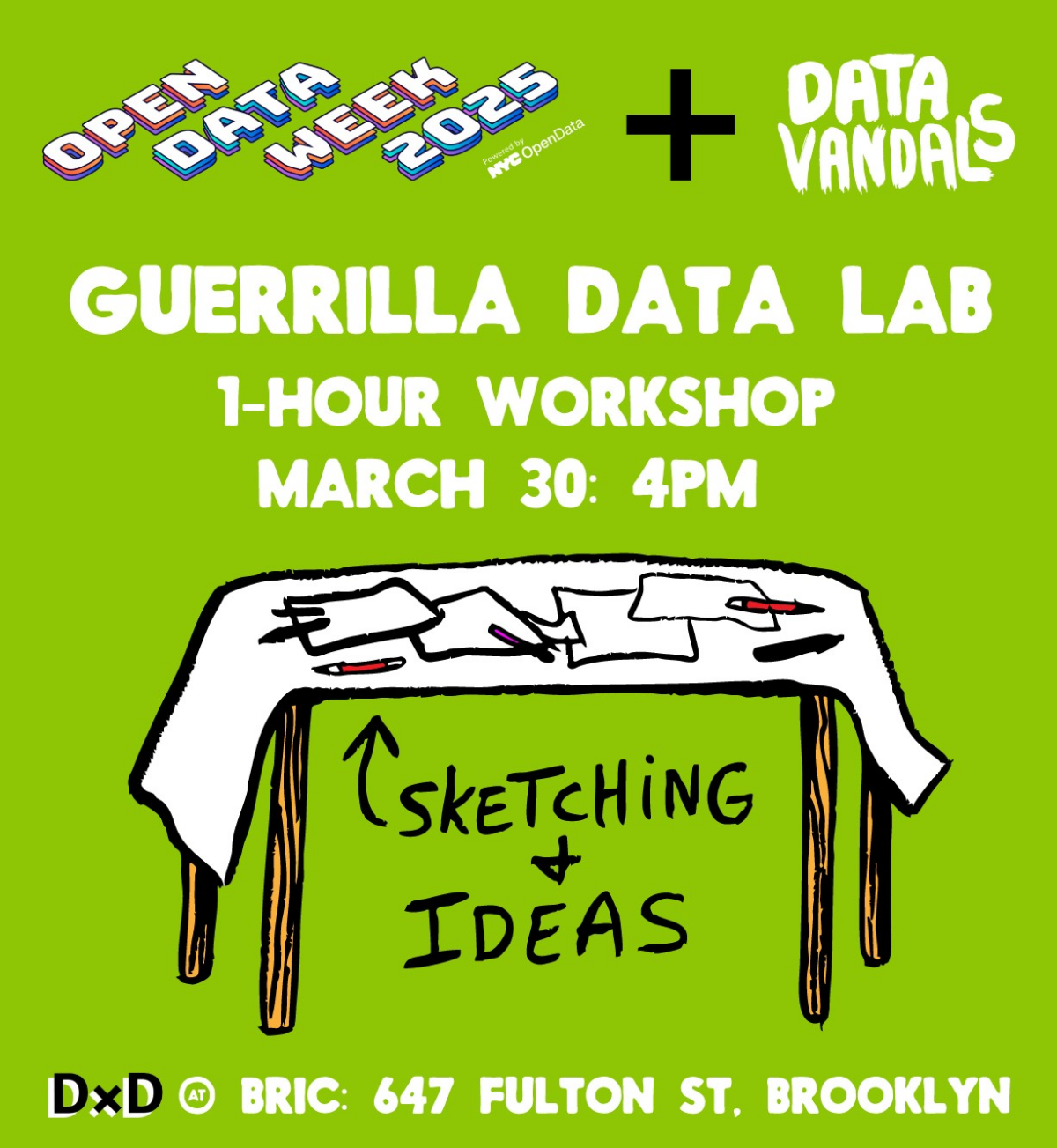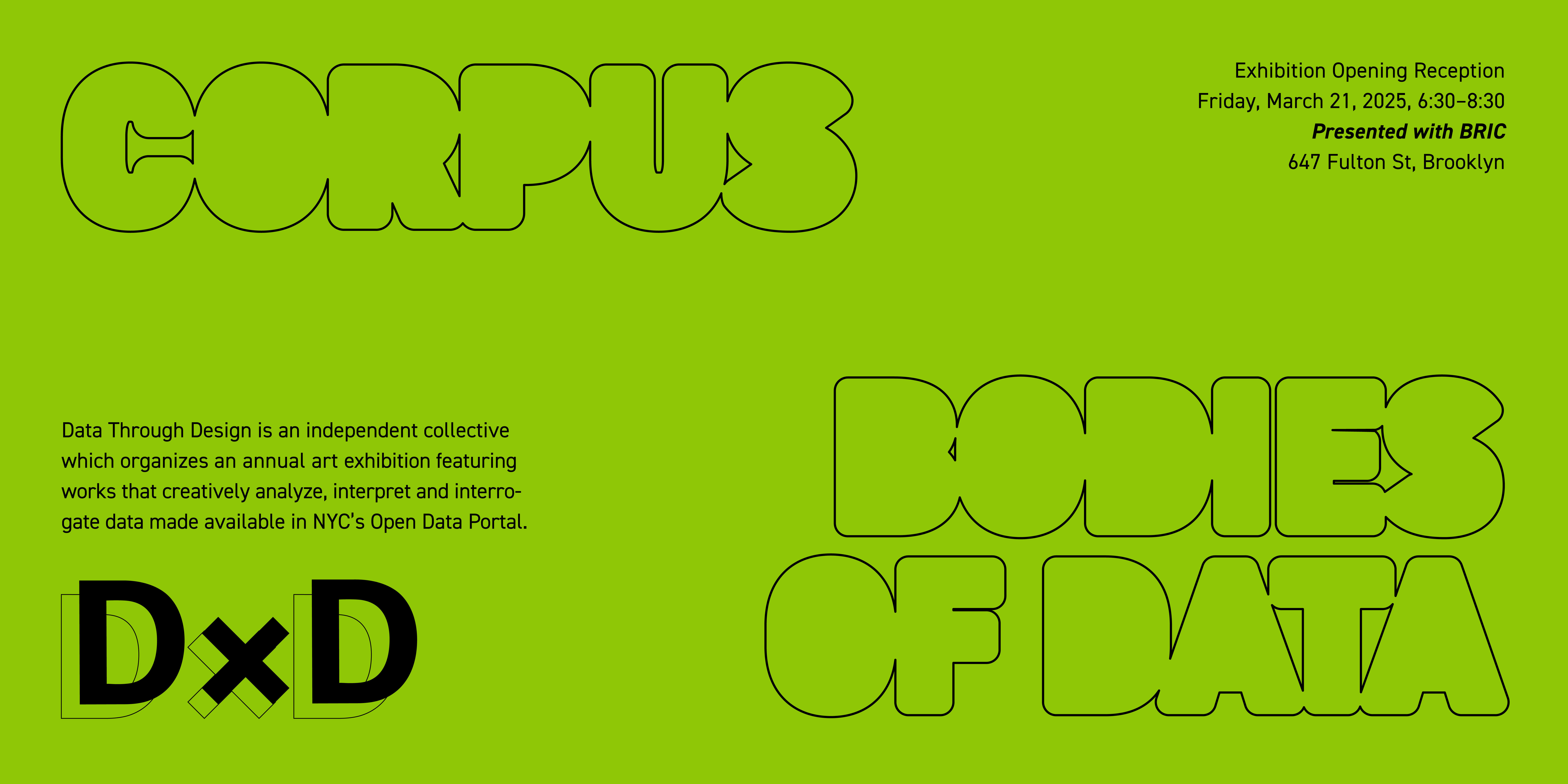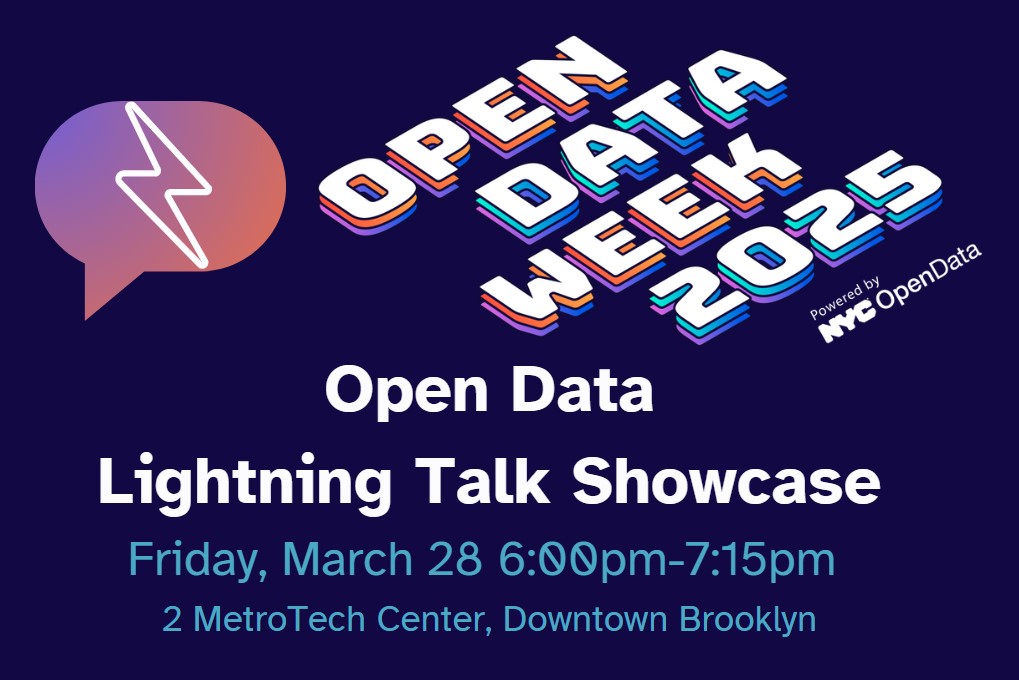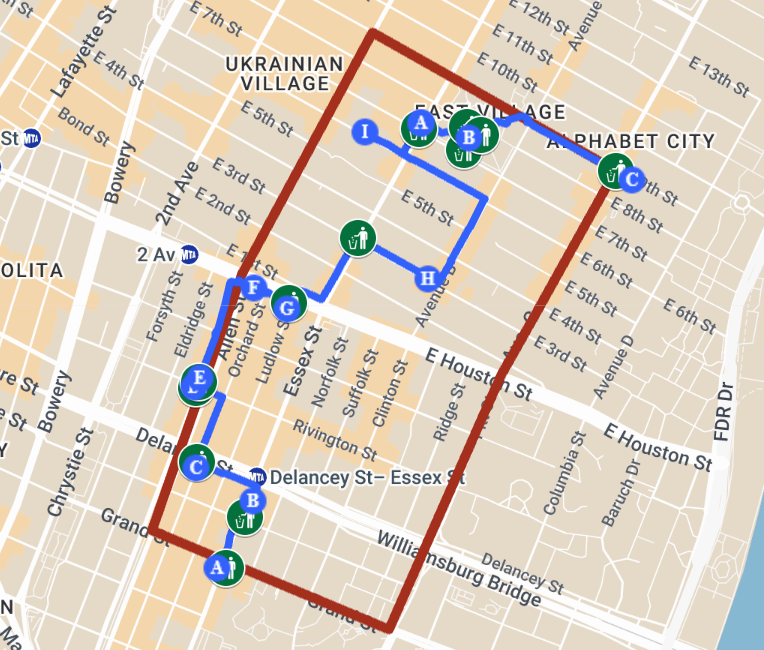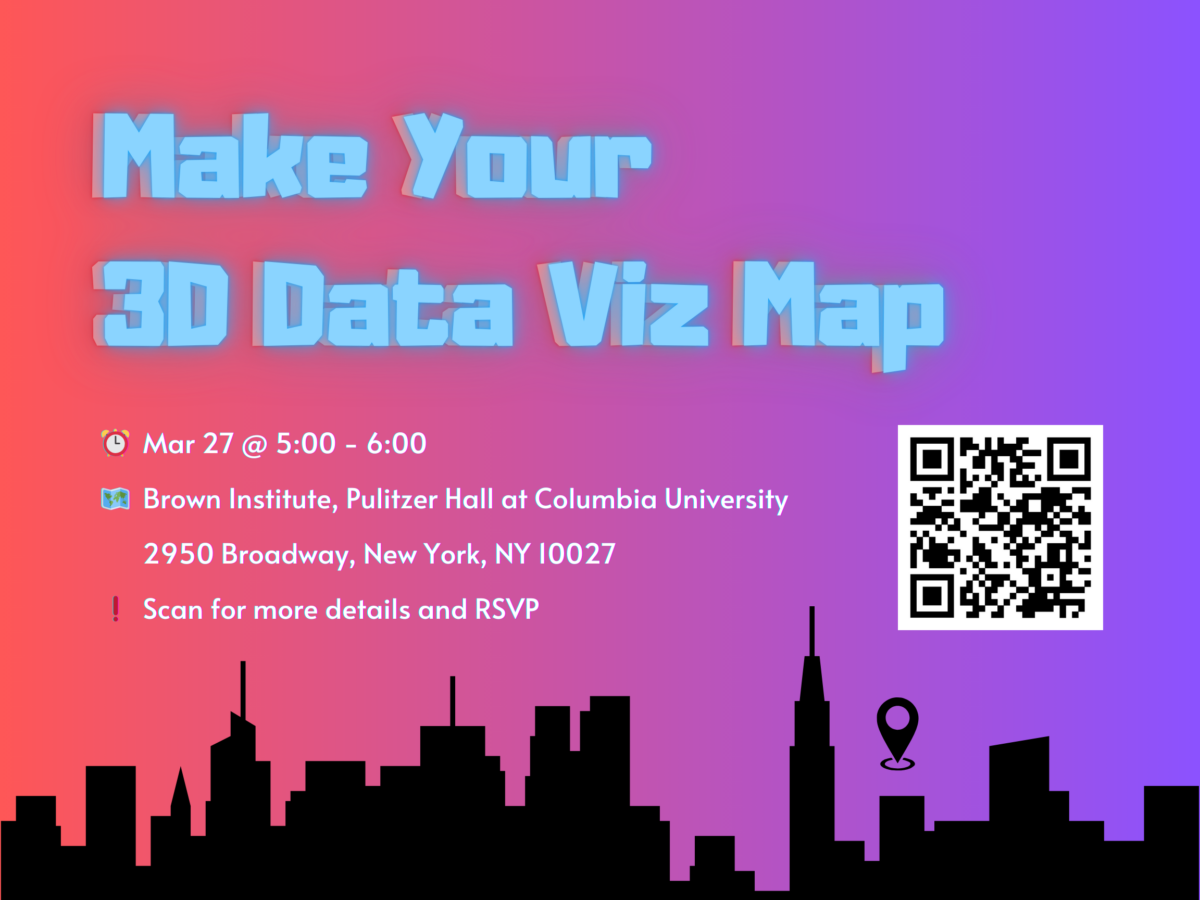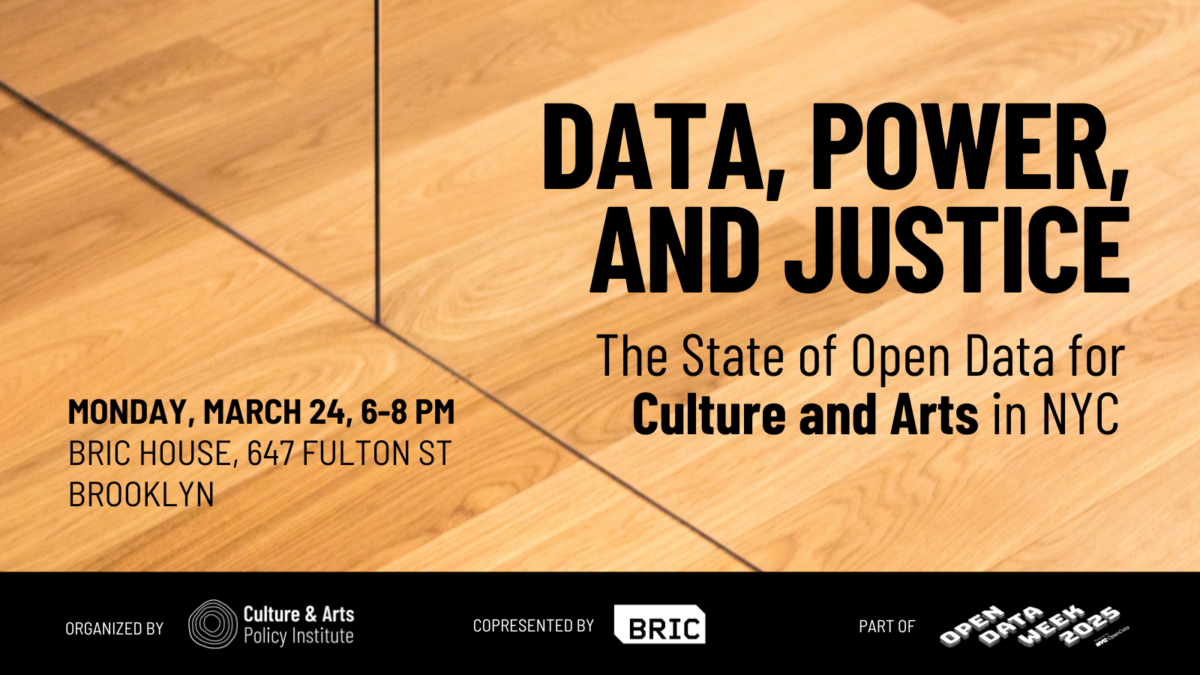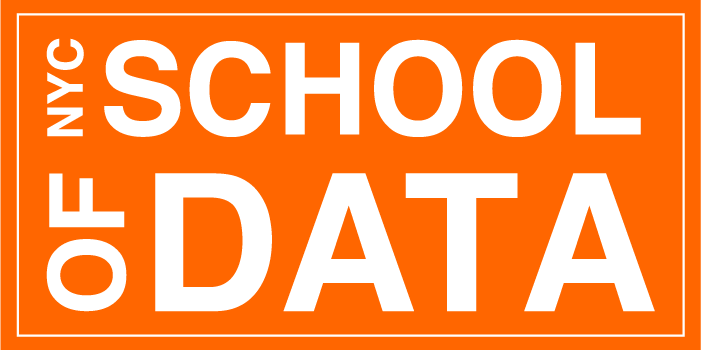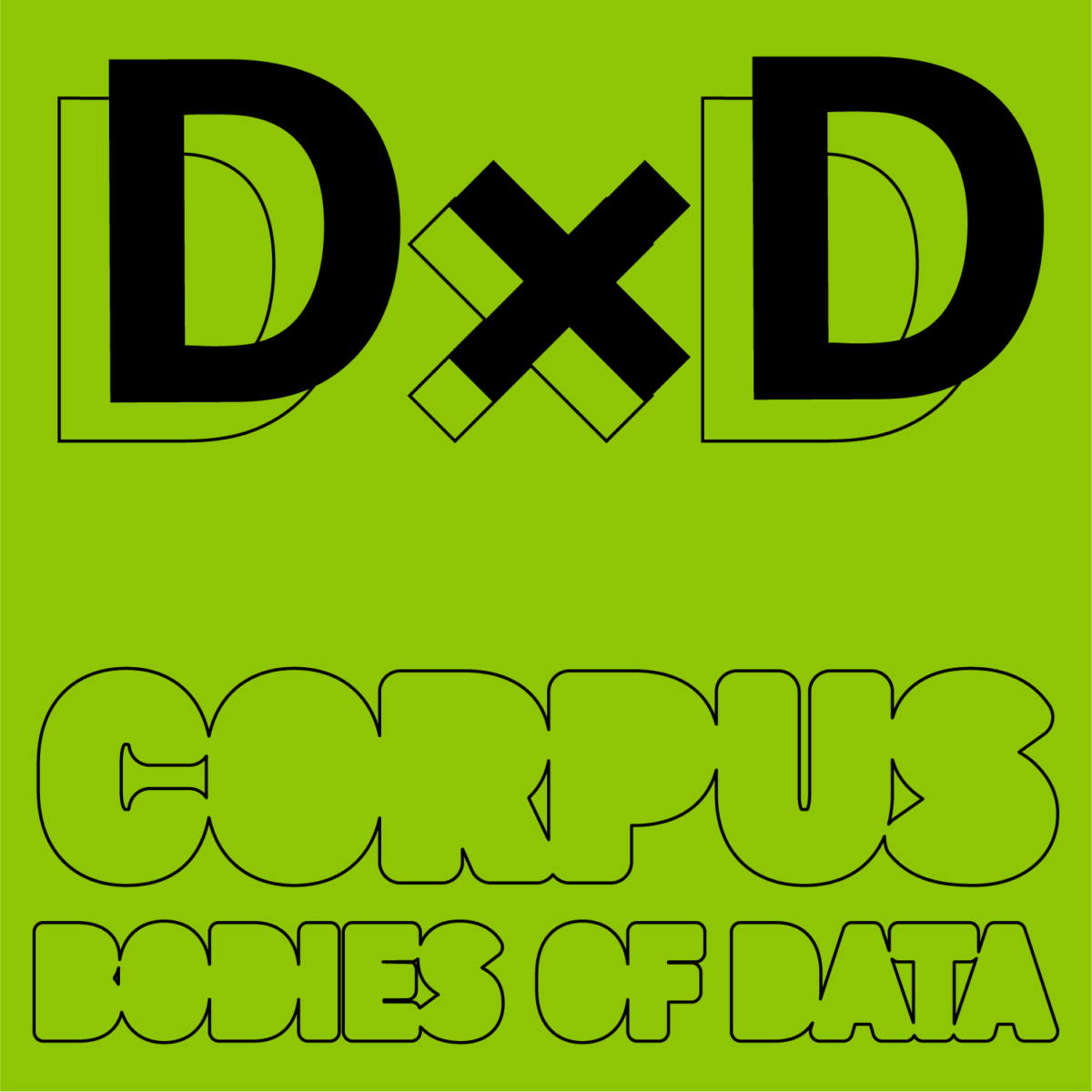Come to the NYC Office of Technology & Innovation offices on Friday, March 28 at 6PM for a lightning talk showcase, featuring open data use cases about the human brain, the environment, web domains, trash cans, and film locations. Each of the presenters will have a few minutes to showcase their work, and this will be followed by an audience question-and-answer period.
The presentations:
Arianna Zuanazzi – Exploring Child and Adolescent Mental Health in NYC: Insights from the Healthy Brain Network Open Dataset
The Healthy Brain Network (HBN) is a large-scale open science initiative of the Child Mind Institute which releases multimodal datasets capturing a broad range of clinical psychopathology in children and adolescents based in NYC. For this event, we will briefly introduce the openly available phenotypic and neuroimaging HBN datasets and present data and visualizations that illustrate socio-economic status, neighborhood crime and safety, school risk, and mental health in NYC children and adolescents. We will then explore how the HBN dataset can be combined with datasets from NYC Open Data, such as air quality and pollution data.
Surbhi Agrawal – Using Open Data to Map Regional Resiliency Risk and Assets
Sasaki Associates has developed a data platform to empower communities in mapping and understanding regional risks from natural hazards and stressors, alongside identifying critical community assets. Using open datasets, this platform visualizes data such as expected losses to populations, infrastructure, and agriculture, enabling informed decision-making for resilience planning.
Frank Noirot – Mapping the trash can landscape in NYC with QGIS and Open Data
I wondered how far people had to walk to the nearest litter basket anywhere in NYC, and thanks to NYC Open Data I was able to make a map that does just that, even though I’m no data scientist! I wrote about my process in making the map. I want to encourage others who have questions about the environment they live in to take a search through NYC Open Data to see if there is a data set that fits their topic. They might be pleasantly surprised with what they find.
Bailey Kane – Enriching NYC Open Data for .nyc Websites
All .nyc domain registrations since the beginning of the program are logged in a NYC Open Data dataset. However, actual use of those registered domains is not tracked. I was curious how people are using .nyc domains, so I started AllOf.nyc to explore all registered .nyc websites by expanding upon the data offered in the NYC Open Data dataset.
Cory D. Reeves – Simulating Soundscapes: NYC Open Data for Amplified On-Site Film Location Selection
Filming in New York City presents unique challenges—permitting, logistics, and environmental sound control measures during production are some examples. Our award-winning prototype from Autodesk University 2024’s Design & Make Conference, Dynamo Day Hackathon leverages NYC Mayor’s Office of Media and Entertainment (MOME) structured film permit datasets within Autodesk Forma’s AI-powered noise analysis engine, creating real-time feasibility assessments to support film location selection. This solution enables production teams to evaluate potential filming sites more in-depth, and to-scale within dynamic, virtual 3D space before more costly on-location mobilization of film crews and production staff.
Make a night of it! Before the event, consider checking out the Data Through Design exhibition at BRIC (647 Fulton St, Brooklyn), which is a 10-15 minute walk from this event. Afterwards, join us for a happy hour a few blocks away at Sound & Fury Brewery and Kitchen (141 Lawrence St, Brooklyn).

